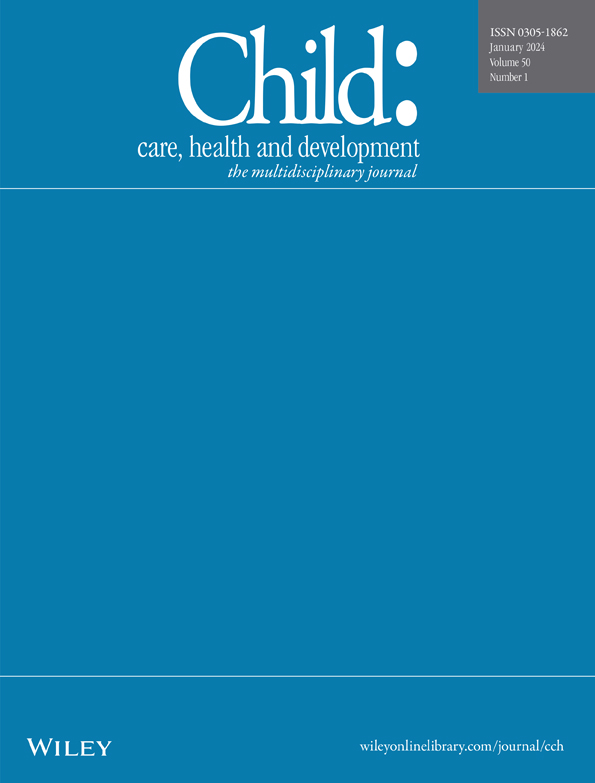Impact of COVID-19 on clinical practice of UK-based speech and language therapists working with school-aged children with neurodisability and oropharyngeal dysphagia: A survey
Abstract
Background
The COVID-19 pandemic and response changed clinical service delivery and practice for speech and language therapists (SLTs) in the United Kingdom. SLTs work with children with neurodisability regarding both difficulties with their communication and eating and drinking skills (oropharyngeal dysphagia). This survey aimed to specifically explore the impact of the COVID-19 pandemic on SLT practice for school-aged children with dysphagia.
Methods
UK-based SLTs working with school-aged children with neurodisability and oropharyngeal dysphagia were recruited to share their perceptions on the impact of COVID-19 on practice. Four questions focusing on COVID-19 impact were part of a larger online survey exploring SLT clinical practice regarding mealtime management of children with neurodisability and oropharyngeal dysphagia, which included demographic information, service delivery, assessment and intervention practices. COVID-19 impact questions were a mixture of multiple choice and free text responses. The survey was disseminated using professional networks and social media, between 14 May and 30 July 2021. Data were analysed using descriptive statistics and qualitative content analysis.
Results
One hundred and two participants answered at least one of the four COVID-19 questions. Eighty-two per cent of SLTs either agreed or strongly agreed that COVID-19 impacted on service delivery to children and families. Negative impacts on service delivery included school absences/closures, home visiting restrictions, families declining input and/or having barriers to telehealth use and the impact of mask wearing on interactions. Positive impacts included increased telehealth access and skills, increased contact with families and focus on children's eating and drinking function within the home environment. Participants aimed to maintain the increased contact with families alongside a hybrid service delivery approach of in-person and virtual appointments.
Conclusions
This survey provides novel information capturing SLT practice change across two waves of COVID-19 and return to in-person practice for UK children with neurodisability.
CONFLICT OF INTEREST STATEMENT
The authors confirm that they have no conflicts of interest to disclose.
Open Research
DATA AVAILABILITY STATEMENT
The data that support the findings of this study are available on request from the corresponding author. The data are not publicly available due to privacy or ethical restrictions.




